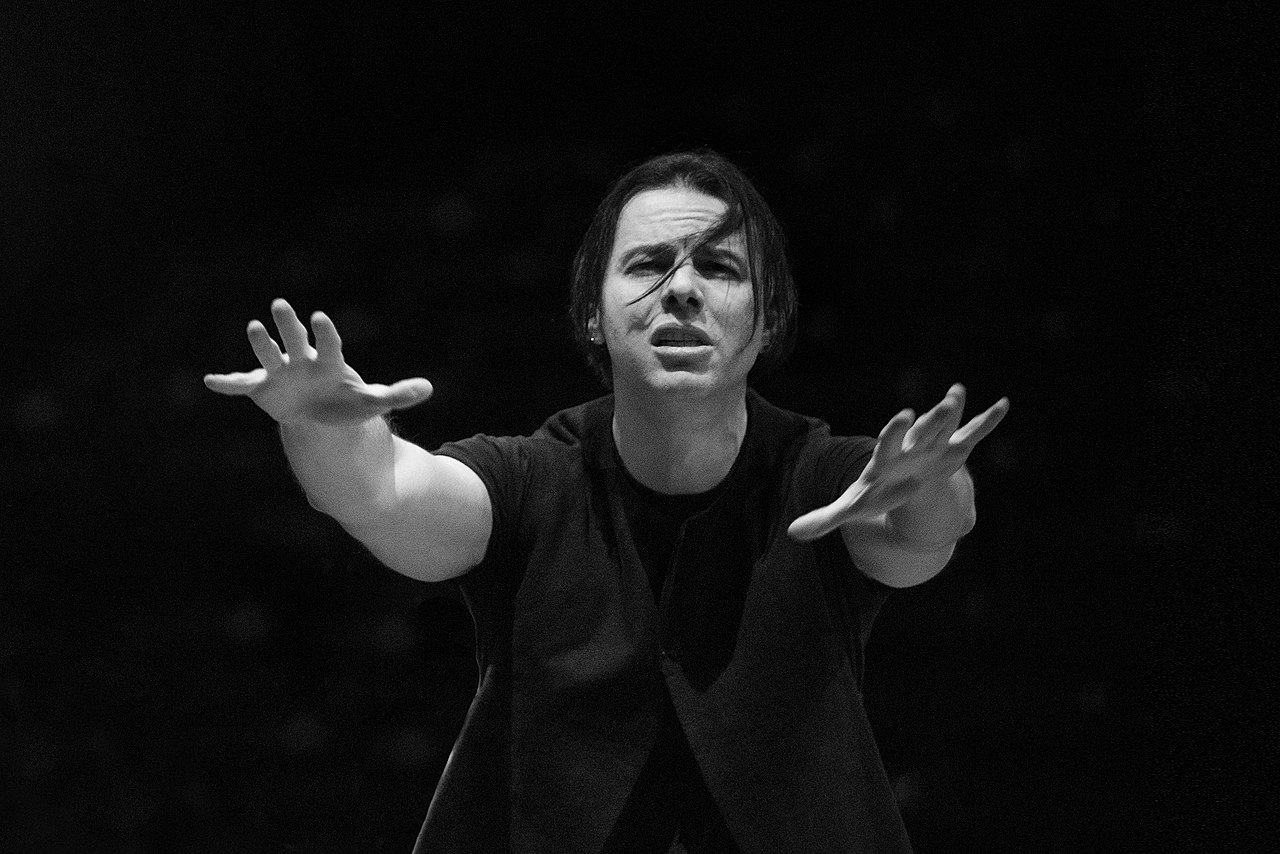
In a recent report, The New York Times highlighted the complex challenges facing Teodor Currentzis, the prominent conductor with close ties to Russian cultural circles, as the war in Ukraine continues. When Russia invaded Ukraine in 2022, the global classical music community responded swiftly and decisively. Artists with any connection to President Vladimir Putin or who had expressed support for the war were quickly ostracized by orchestras and opera houses across the West. Yet Currentzis, despite his links to Russia, managed to avoid the wave of condemnation that swept others aside. This has sparked serious controversy and raised pressing questions about the boundaries of acceptable affiliations in the world of music and the arts.
Teodor Currentzis, a Greek native, received Russian citizenship from the Putin government in 2014, the same year Russia annexed Crimea. He is the founder of the ensemble MusicAeterna, which began as an orchestra and later expanded into a choir and dance group based in St. Petersburg. Although MusicAeterna has no direct connection to Putin, it came under scrutiny after Russia’s 2022 invasion of Ukraine due to financial backing from state-owned entities such as VTB Bank, which has since been sanctioned by the U.S. This connection has intensified the controversy surrounding Currentzis.
Currentzis has remained silent on the war in Ukraine, neither condemning Russia nor expressing support for Ukraine. His refusal to take a public stance has cost him some professional opportunities. For example, Austria’s Wiener Festwochen canceled his appearance following strong objections from Ukrainian conductor Oksana Lyniv. However, the prestigious Salzburg Festival in Austria has continued to support him. In his recent production of Mozart’s Don Giovanni, significant changes from the 2021 version were evident, reflecting the current political climate.
In the 2021 production, MusicAeterna performed in the orchestra pit. But in 2022, Currentzis introduced a new ensemble called Utopia—a group composed of top-tier musicians based in Western Europe, including about a dozen members of MusicAeterna. This move appears to be a calculated effort by Currentzis to balance his Russian affiliations with his career in the West. He continues to lead MusicAeterna in St. Petersburg while developing Utopia in Europe—an ambitious but risky attempt at maintaining dual professional paths.
Markus Hinterhäuser, the artistic director of the Salzburg Festival, has defended Currentzis, stating that he has never heard the conductor express support for Putin or the war. Nevertheless, Hinterhäuser acknowledged that discussions about where to draw the line in engaging with Currentzis remain ongoing given the current political context. Matters grew even more complicated following reports from Van Magazine that VTB Bank plans to fund the construction of a concert hall and headquarters for MusicAeterna in St. Petersburg. Although still in early stages, the project raises concerns: could it signal a political alignment by Currentzis, who has so far chosen silence over public statements?
As the Salzburg Festival progresses, Currentzis remains under close scrutiny. His defenders urge the public to interpret his views through his music. Despite his silence on the war, he continues to be regarded as one of the most influential and innovative conductors in the classical music world.
In a recent performance, Utopia—featuring select musicians from various European orchestras and members of MusicAeterna—delivered a presentation that blended historical authenticity with modern flair. Currentzis conducted with his signature intensity and dramatic expression, offering an interpretation that drew significant attention. Yet despite the artistic success, his relationship with the Salzburg Festival remains tenuous. Unlike in previous years, he has made few public appearances during the festival, and his name is far less prominent in its official promotional materials.
In the end, if Currentzis were to publicly condemn the war, he might regain full access to the Western music scene. But doing so could jeopardize his life’s work—MusicAeterna. The question now is whether he will continue to prioritize his artistic pursuits over taking a moral stance on the war, and what the long-term implications of that choice will be. Ultimately, his legacy may be shaped not only by his music, but by the decisions he makes in this difficult and politically charged moment.